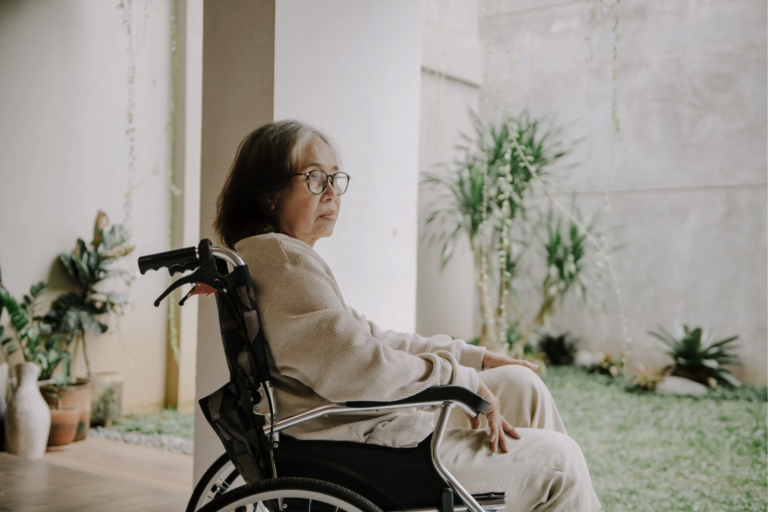Frequently Asked Questions
Here, you can find answers and insight into commonly asked questions, and discover how Inclusive Iceland can go beyond the ordinary to foster inclusivity and equity within your organisation.

What was the inspiration behind Inclusive Iceland?
The inspiration behind Inclusive Iceland came from founder Achola Otieno’s own experience living in Iceland as a woman and an immigrant, alongside working in politics. As a Black parent raising children of mixed heritage in Iceland, witnessing the lack of representation and education relating to different backgrounds, Achola recognised a clear need to create resources and representation for her children and their peers. Inclusive Iceland was born from a determination to share knowledge and expertise that lays the foundation for a more equitable Icelandic society.
At Inclusive Iceland, we believe that a society can only be as equitable as the knowledge it is built upon. Alongside our educational resources and development programs, we aim to be at the forefront of providing equitable resources and activities for the BIPOC community. Filling this need for representation, in turn, will increase awareness, and participation of marginalised people in Icelandic society as a whole.
Why focus on race, immigration, gender, and class?
You’ve likely heard of the Army slogan, “Leave no man behind”. Over the years, this saying has been popularised and served as the inspiration for various social projects, particularly gender equality projects. Leave no woman behind.
This is precisely what Inclusive Iceland aims to do. Racial, immigration, gender, and class disparities are alive in Iceland, and our work provides a larger context for the diverse issues that affect society’s most underrepresented women and girls. Through a combination of research, empirical evidence, storytelling, and data, we work directly with local organisations to educate and create a more equitable society.
What is DEIB, and why is it important?
DEIB, which stands for Diversity, Equity, Inclusion, and Belonging, is a discipline that focuses on fostering and promoting these elements within organisations and societies. It aims to create a world which values and upholds diversity, equity, inclusion, and belonging for all.
The discipline of DEIB advocates for all, regardless of age, ability, race, class, ethnicity, nationality, religion, gender, or sexual orientation, including displaced peoples, asylum seekers, and refugees.
With our intersectional and decolonial DEIB framework, Inclusive Iceland not only fosters diversity but goes beyond, acknowledging and addressing the systemic barriers and inequities faced by minoritised groups. As innovators in the DEIB discipline in Iceland, we work with you to create systems that examine and steward true diversity, equity, inclusion, and belonging within your organisation.

How does Inclusive Iceland tackle DEIB differently?
The research is clear: occasional DEI training sessions for privileged groups do not lead to systemic change.
The work of Diversity, Equity, Inclusion, and Belonging requires a marathon mindset, not a sprint. That’s why, at Inclusive Iceland, we prioritise long-term structural development through research-backed, unity-based initiatives. We specialise in equity assessments, policy development, and fostering Decolonial Design and Inclusion.
Our approach involves investing in and understanding the community. We work with your team to build a stronger foundation by digging deep and doing essential work. This facilitates improvements in your organisation’s practices, elevates your organisation, and makes a genuine impact in cultivating a more equitable world.
Why do we engage Decolonisation in the work of DEIB?
At Inclusive Iceland, our mission is to advance Gender and Racial Equity through an intersectional framework. This approach conceptualises Decolonisation as a pathway to addressing and disrupting discriminatory norms.
At the core, both race and gender, as well as nation-states, are colonial constructs. These structures reveal the world’s design and the hierarchies it has created and maintained.
Colonialism manifests imbalanced power dynamics. Decolonisation, conversely, involves a shift towards power-sharing and restructuring of systems, procedures, and policies, illuminating the past and addressing current demographics.
In order to teach Equity in diverse groups, Inclusion must be rooted in systemic change.